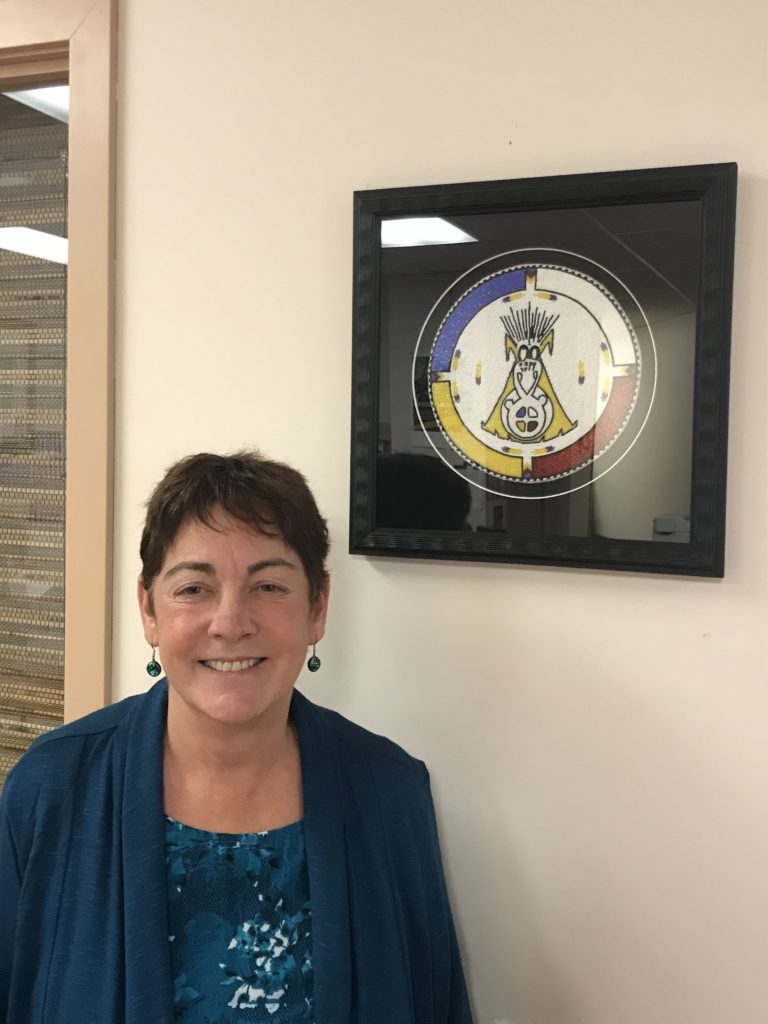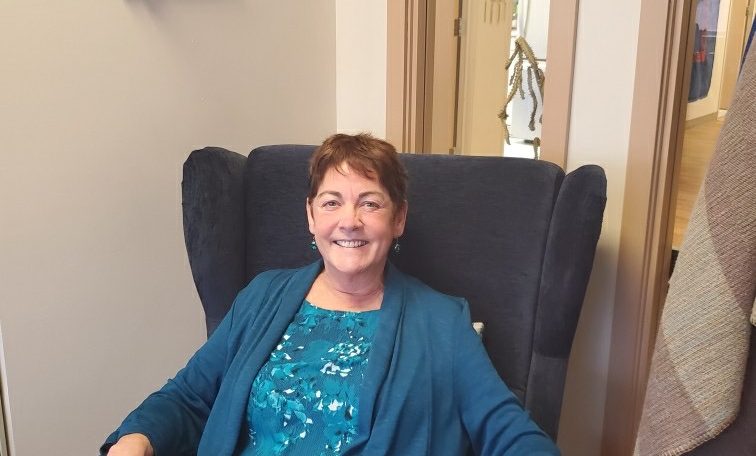Few understand the importance of nonprofits to community wellness as Sue Languedoc does. A registered social worker, Languedoc has spent nearly four decades working primarily with Indigenous adults, youth, and children in diverse environments, and is the Executive Director of Aboriginal Counselling Services Association of Alberta, which she co-founded in 1992.
A Métis woman herself, she’s passionate about supporting the healing of Indigenous people with no-cost, trauma-aware counselling and support groups for the victims and the perpetrators of domestic abuse. She explains that the agency’s clients often have a great deal to heal from. “Our families don’t just come in with one trauma — they’ve got a bag full of trauma and intergenerational trauma,” she says.

Languedoc’s agency has become a dependable source of mental-health support in the community and one of the very few organizations offering no-cost counselling in the city. Languedoc says Edmonton Community Foundation (ECF) has helped her agency grow over the years by providing modest funding at critical moments. She recalls how, in its early days, the agency received a grant for the evaluation of a new mental-wellness program for children, and another to fund an art therapist shared with two neighbouring non-profit organizations. These and other grants helped the agency innovate to better help clients, she explains.
In 2016, Languedoc was asked to volunteer for ECF’s health and wellness subcommittee. It was an easy decision, she says: “ECF has always been there for the community. Not just for my organization, but for a lot of organizations.”
Each quarter, she meets with the other committee members to evaluate projects designed to help people facing physical or mental barriers. Languedoc’s work as both an administrator and counsellor are assets, as is her experience working with children with Autism Spectrum Disorder (ASD).
“It’s a real coordinated and collaborative effort,” she says. “We want to honour and respect the funds going out, but we want to give those proposals the best chance we can.” Languedoc says the committee is diverse, which ensures a wide range of perspectives are represented. While she joined the subcommittee to support ECF, Languedoc says she learns a lot from the other committee members.
Her favourite proposals are those that offer creative and innovative solutions, but she enjoys offering feedback to applicants that aren’t selected, knowing they can learn from the experience and try again. One common misstep, she says, is failing to answer the follow-up questions ECF sends to organizations after they’ve submitted their preliminary application.
Languedoc urges applicants to contact the foundation with any application questions, especially if they’re new to the process. “Without giving everything away, they want to be able to help that organization put forward the best proposal they have,” she says. Even the greenest organizations have a good chance of getting funding with a thorough proposal that fits within ECF’s mandates: “It’s an opportunity for smaller organizations to get a little leg up and get things going.”
